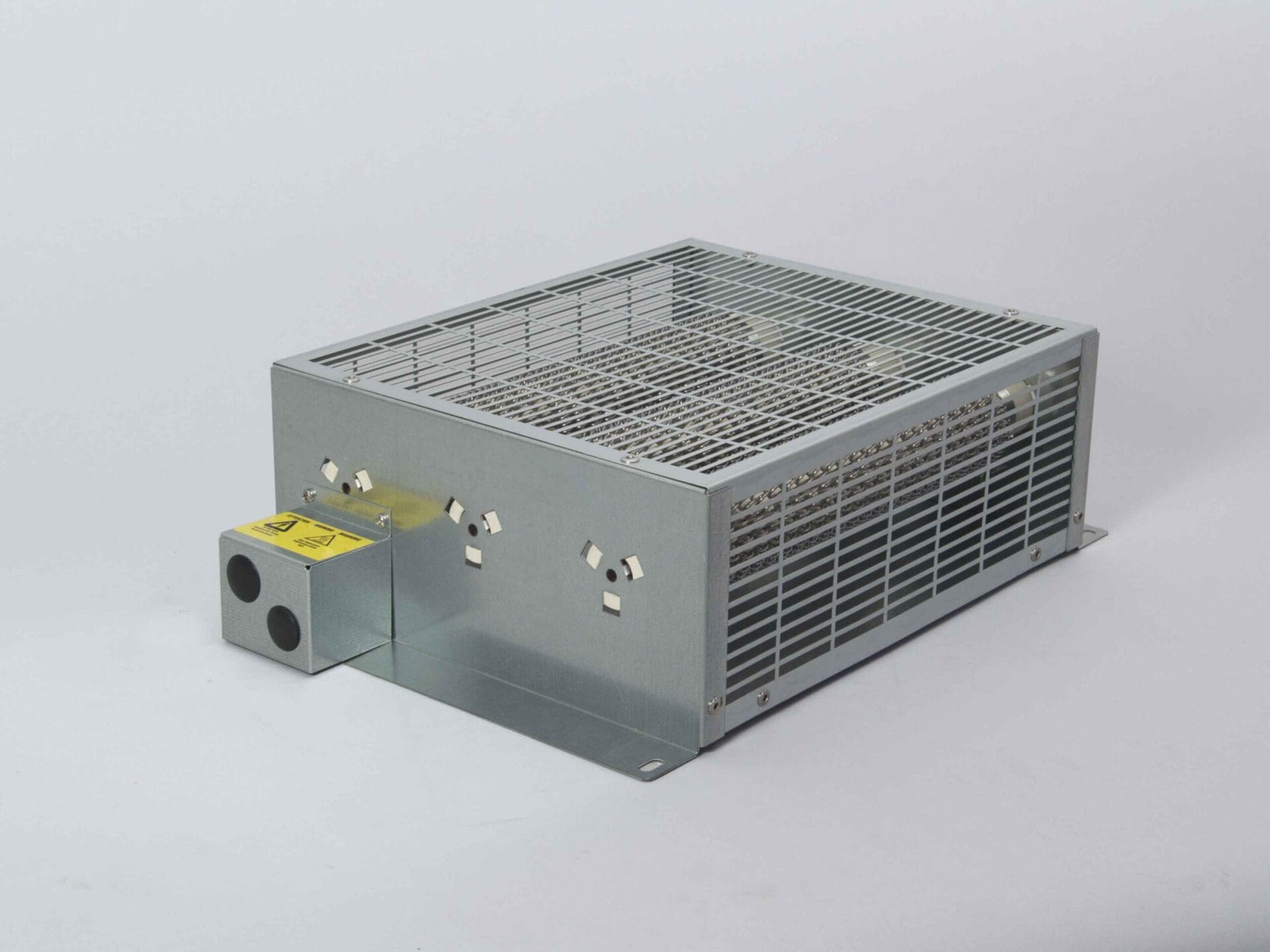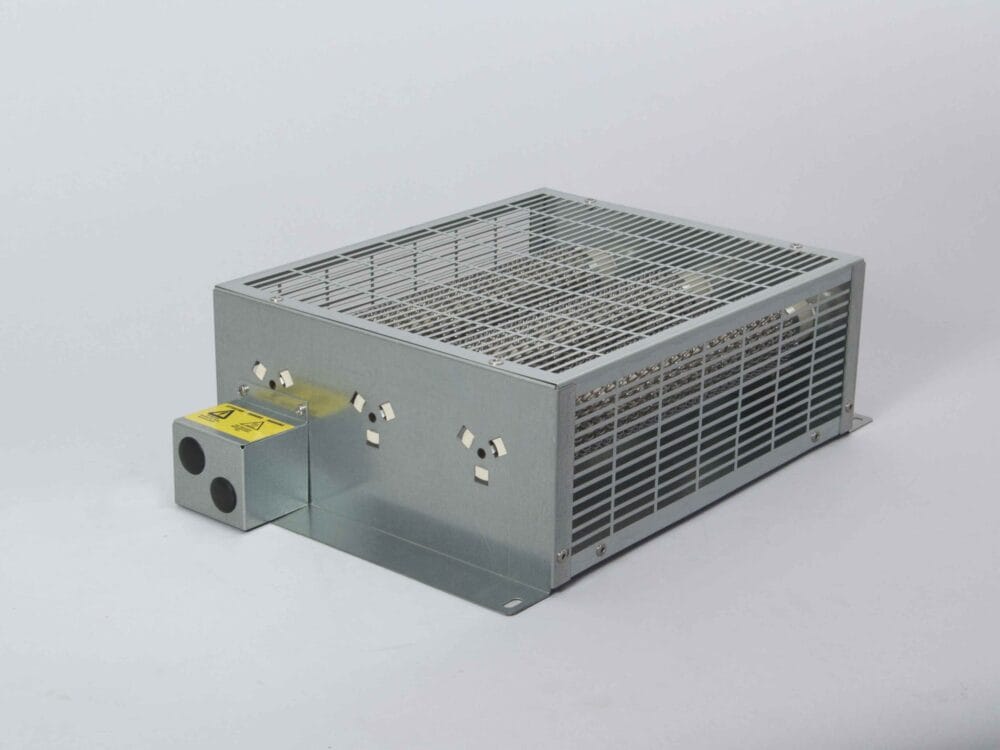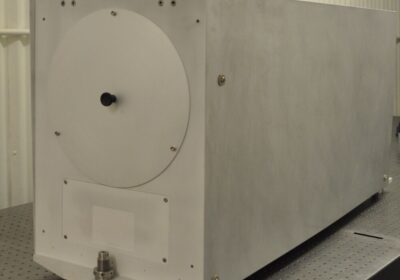~ Maintenance tips to get the most from your resistor ~
From railways to renewable energy to marine applications and motor control, resistors are an essential component of many electrical and mechanical systems. But failing to keep your resistors in good condition can threaten their reliability, resulting in reduced functionality and safety issues. Here, Mike Torbitt, managing director of resistor manufacturer Cressall, offers advice on how to extend resistor lifespan.
Resistor technology is constantly evolving, with innovation in materials and design leading to improved performance and new industry applications. Without these components, many of the renewable technologies needed to meet net-zero targets would be unviable.
For example, dynamic braking resistors (DBRs) safeguard battery electric vehicle (BEV) engines that use regenerative braking systems, by dissipating surplus electrical energy as heat. Likewise, DBRs also support energy output in renewable applications such as tidal power, wind turbines and motorised solar panels.
However, damaged resistors put strain on the entire system, risking decreased efficiency and reduced lifespan for both the resistor and other components.
A damaged resistor may experience a reduction in its stated resistance value, which takes it beyond the specified tolerance range. This means that under normal operating conditions, the resistor will not be able to regulate electricity flow effectively.
Reduced resistance often results in voltage spikes and in some cases, complete circuit failure. In high-voltage and high-power applications, these failures can have serious consequences, causing safety hazards such as electric shocks and even fires.
Understanding the key reasons behind resistor degradation allows you to safeguard your application against them and extend resistor lifespan.
Keeping dry
Data from HSB shows that moisture is responsible for 17.4 per cent of electrical failures, making it the second biggest cause after loose connections. Moisture presents a particular challenge in tidal and maritime applications, as the chlorides present in sea water can corrode and damage the resistor.
Selecting the right material for your resistor is essential in protecting it against salt water corrosion. Opting for a resistor that is manufactured from 316 grade stainless steel offers better resistance to chlorides when compared with other materials, due to its chromium content of over 10.5 per cent. Not only can a higher grade of steel protect the resistor against salt water damage, but it is also preferable for systems that will be exposed to other harsh chemicals such as chlorine and acids.
Electrical enclosures are also an important consideration in reducing moisture exposure. The IP system, where the first digit refers to dust protection and the second to liquids, allows you to choose an appropriate level of defence against moisture. The higher the second digit, the higher the level of protection against liquids it offers.
Although corrosion often takes place in more gruelling environments, it can also occur in land-based applications. Ensuring resistors are stored in a clean and dry environment before they are used within an application is essential to tackling this issue.

Handling the heat
When a resistor becomes coated in dust or dirt, it is more prone to overheating due to a compromised ability to dissipate heat effectively. Overheating can damage the resistor’s internal components and presents a fire risk.
This thermal stress can in turn lead to mechanical stress, wherein the resistor becomes worn due to excessive strain. Mechanical stress can be decreased by avoiding excessive bending or tension on resistor leads when assembling the system.
Another way of preventing overheating is by making sure your resistor’s cooling system is up to scratch. The principal methods of dissipating heat are water cooling and convection cooling, which is also known as air cooling.
The two types of convection cooling — natural and forced convection — require minimal maintenance and are cost-effective to run. However, the bulkiness of the fans used mean they are not suitable for space-limited applications. Additionally, a fan’s reliance on ambient temperatures reduces its effectiveness in warmer environments, putting resistors at greater risk of overheating.
Water cooling not only requires less space and energy, but it also offers a more efficient solution for dissipating heat in applications with high continuous power requirements. Since liquid has a higher density than air, it also has a higher capacity for carrying heat.

OLYMPUS DIGITAL CAMERA
Maintenance matters
While equipping your resistors with the right protection is essential, the importance of proactive maintenance in extending their lifespan should not be overlooked. Even well-protected systems can encounter dust and particulate contamination during their lifetime.
Scheduling regular inspections of your setup allows you to identify early signs of moisture, dust or dirt, and mitigate any risks to the lifespan and performance of your resistors. The proactive maintenance routine should include removing any particulates that have accumulated on the resistor, using a suitably designed brush or air cleaning method. Additionally, you should continually monitor the operating environment and temperature of your application to ensure that the protection you have put in place is effective in safeguarding against damage.
Particularly important for custom resistors that employ a unique design or engineering technique, the financial and time investment of recommissioning, designing and delivering a replacement is something end-users wish to avoid if at all possible. Cressall offers a complementary maintenance service with the purchase of all of its off-the-shelf and custom resistors, extending their working life and overcoming the hassle of replacing and giving its customers peace of mind that their resistor will remain operational for years to come.
Ignoring the need to maintain resistors not only worsens their performance but can affect the safety and functionality of the entire system. Putting the right systems in place and undertaking regular proactive maintenance ensures resistors work effectively now and well into the future.
To learn more about Cressall’s resistor maintenance service, get in touch with our expert team.








